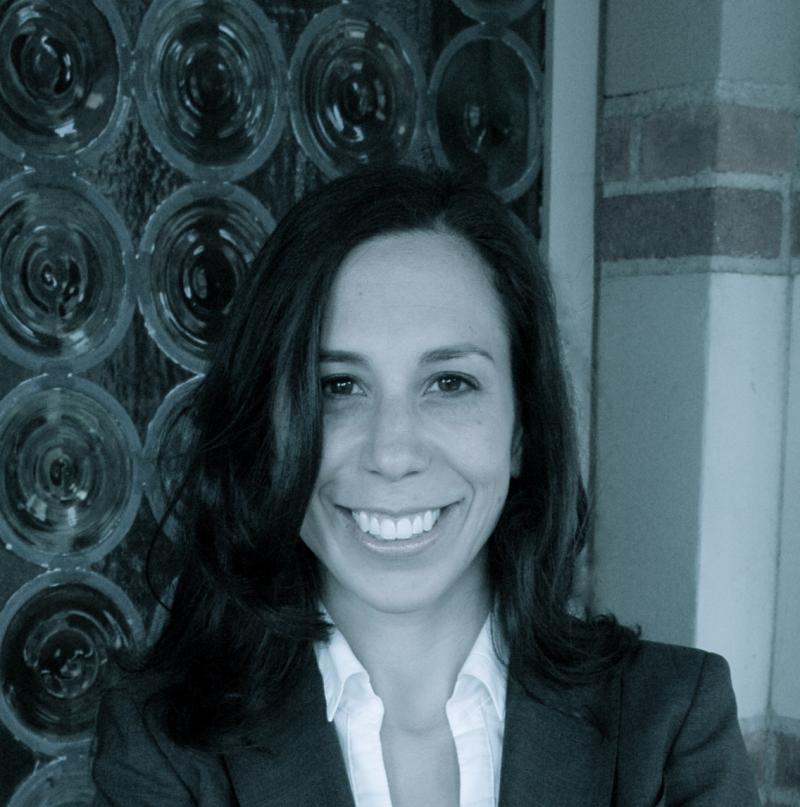Faculty Profile: Aynne Kokas


Aynne Kokas is an assistant professor of media studies. Her research focuses on Sino-US relations in the media and technology industries. Kokas’ book manuscript, “China’s Hollywood, Hollywood’s China,” examines how collaborations between China and the U.S. are changing the global media industries in areas ranging from film production to theme parks to education. She is an affiliated scholar in Chinese Media at the James A. Baker III Institute of Public Policy at Rice University, has been a visiting fellow at the Shanghai Institute of International Studies and received her Ph.D. from the University of California, Los Angeles. Kokas’ research has been funded by the Social Science Research Council, Fulbright Foundation, the Chinese Ministry of Education, and the United Nations Institute for Advanced Studies.
Hometown:
Bloomfield Hills, Mich.
Hobbies:
I am an avid yogi and greatly appreciate the yoga offerings through U.Va.’s Contemplative Sciences Center.
How did you spend this summer?
I taught a class called “Hollywood Goes to Asia” as part of the U.Va. Jefferson Global Seminars at Hong Kong University of Science and Technology in Hong Kong. The class included students from Hong Kong, Korea, Mainland China, and from across the United States. It was a fantastic introduction to the rich, scholarly tradition of U.Va. and a wonderful way to get to see the beauty of Hong Kong’s seaside. Being in Hong Kong was also inspiring for work on my book manuscript focusing on the growth of media production between China and the U.S.
Tell us something about yourself that people would be surprised to hear.
I studied filmmaking and acting at the Beijing Film Academy and directed my own short films in Mandarin.
Who is your greatest hero, and why?
My greatest hero is my great-grandmother. She came to the U.S. from Greece by herself at age 13 to make a new life. She was totally fearless and extremely wise. Whenever I am not sure what to do, I try to think of how she would approach the situation, and it always helps.
Tell us about your most embarrassing moment.
There are probably tons of things I should say here, but I actually don’t embarrass very easily. I do try to avoid singing in public, though!
What is the best place you’ve ever lived or visited, and why?
I would have to say that Hong Kong is one of my very favorite places. I am truly appreciative of the opportunity to teach there as part of the Jefferson Global Seminars. It is possible there to go for a gorgeous hike, relax on a beach and experience stunning urban culture all in the same day. And the food scene is unlike anywhere I have ever been.
Thinking about the role of technology in education, what will the U.Va. learning experience be like in 2030?
I think that the interaction of teacher and student will become more special and unique to residential research universities such as U.Va. as humans interact more with technology. At the same time, I would look forward to providing students with supplementary resources to advance their learning outside of the classroom so that our time together can become richer and more dynamic.
Since arriving, what have you most enjoyed most about Charlottesville and U.Va.?
U.Va. and Charlottesville have been wonderful so far. The students and faculty in Media Studies at the University have been incredibly inspiring. I am also a residential faculty fellow at Brown Residential College, and the Brownies have been very welcoming. In Charlottesville, I absolutely love taking advantage of all of the natural beauty that exists here; the Humpback Rocks hike has been my favorite so far.
If money were no object, what else would you like to pursue?
Honestly, I would be doing what I am doing now, which is teaching and writing about media and its impact on Sino-US relations. However, I would love to be able to endow scholarships for more students to learn Chinese. It is so essential to the world we live in, and learning Mandarin has provided me with so many new insights into the world.
What advice would you give to incoming first-year students?
Find a mentor and a learning community. Residential colleges like Brown are a wonderful way to do that, as are extracurricular organizations. Look for ways to find your community within the larger university.




